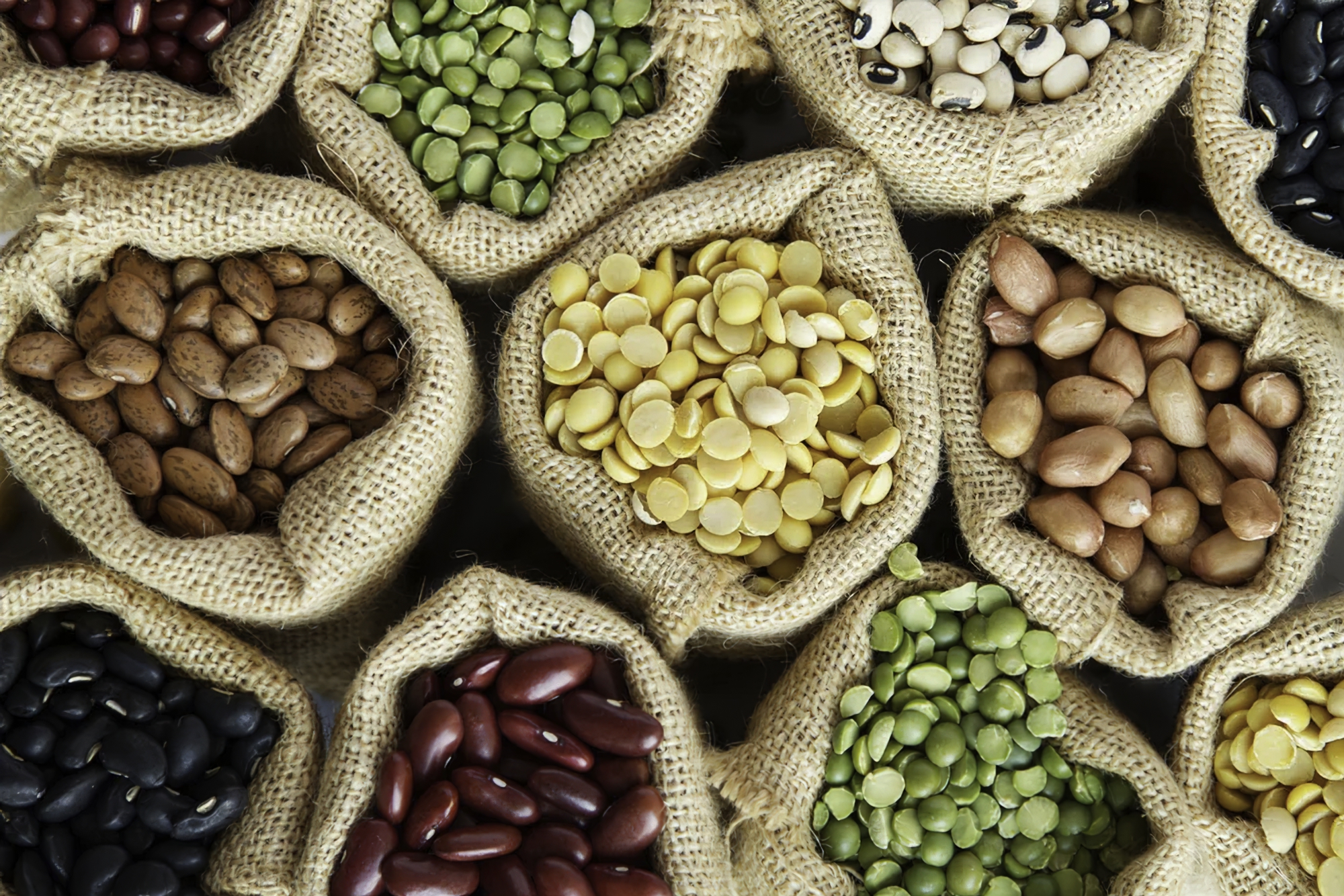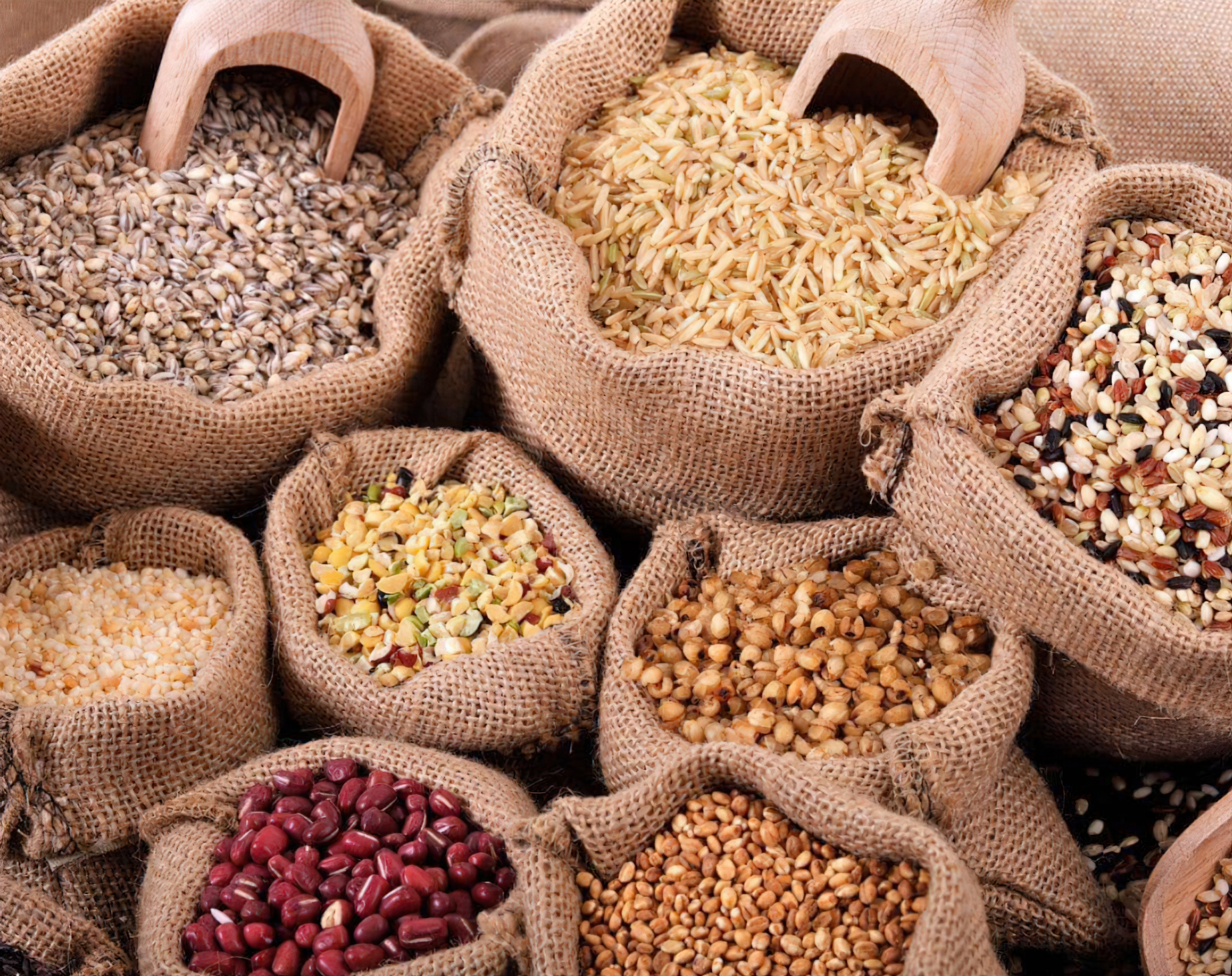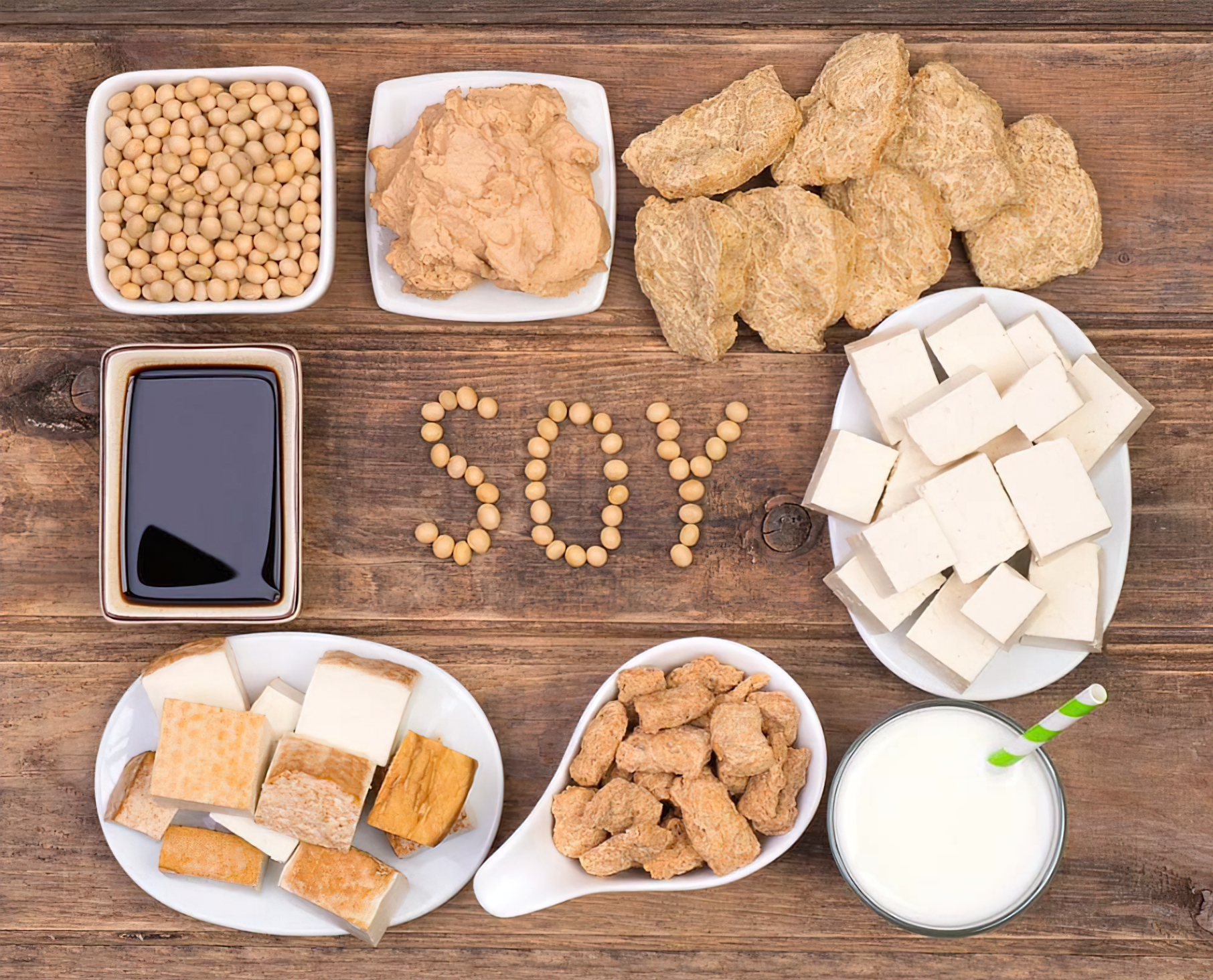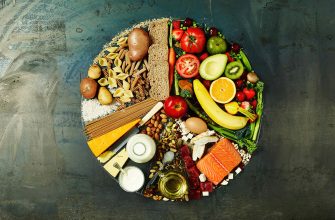Achieving a balanced diet is vital for overall health, and protein plays a crucial role in this endeavor. Protein, an essential macronutrient, contributes to muscle growth, tissue repair, and immune function. In this article, we’ll explore the top 5 essential proteins for a balanced diet and how to incorporate them into your meal plans.
Lean Meats
A Nutrient-Rich Protein Source Lean meats, such as chicken, turkey, and lean cuts of beef, are excellent sources of protein. They provide essential amino acids, vitamins, and minerals needed for optimal health. Opt for skinless poultry or lean cuts like sirloin to reduce saturated fat intake. Try grilling, baking, or broiling for a healthier cooking method.
Fish
Heart-Healthy Omega-3s and Protein Fish, particularly fatty fish like salmon, mackerel, and sardines, provide high-quality protein and heart-healthy omega-3 fatty acids. These fats help lower the risk of heart disease and support brain function. Aim for two servings of fish per week and choose wild-caught varieties for a more sustainable option.
Dairy Products
Calcium and Protein in One Package Dairy products such as milk, yogurt, and cheese are excellent protein sources. They also provide calcium, which is essential for bone health. Choose low-fat or fat-free options to reduce calorie and saturated fat intake. If you’re lactose intolerant or prefer plant-based alternatives, opt for fortified soy, almond, or oat milk.
Legumes
Plant-Based Protein Powerhouses Beans, lentils, and chickpeas are packed with protein and offer a plant-based alternative to animal proteins. They’re also rich in fiber, which aids digestion and helps maintain healthy blood sugar levels. Incorporate legumes into soups, salads, or veggie burgers for a satisfying, protein-packed meal.
Nuts and Seeds
Healthy Fats and Protein Nuts and seeds, such as almonds, walnuts, and chia seeds, provide a healthy dose of protein, along with heart-healthy fats and fiber. Enjoy them as a snack or add them to your meals for a protein boost. Remember to watch portion sizes, as nuts and seeds are calorie-dense.
Whole Grains
Surprising Protein Providers Whole grains, such as quinoa, brown rice, barley, and whole wheat, are often overlooked as protein sources. However, they contain a decent amount of protein along with essential nutrients and fiber. Swap refined grains for whole grains to increase your protein intake and improve your overall diet. Try making a quinoa salad, a whole wheat pasta dish, or a hearty barley soup for a protein boost.
Eggs
Versatile and Nutrient-Dense Protein Eggs are an affordable and versatile source of high-quality protein. They also provide essential vitamins and minerals, such as vitamin D and choline. Enjoy eggs for breakfast, lunch, or dinner in various dishes like omelets, frittatas, or even hard-boiled as a snack. Opt for organic or free-range eggs for a more sustainable choice.
Soy Products
Plant-Based Protein Superstars Soy products, including tofu, tempeh, and edamame, are excellent plant-based protein sources. They provide all nine essential amino acids and are rich in nutrients like iron and calcium. Incorporate soy products into your diet by adding tofu to stir-fries, snacking on edamame, or using tempeh in sandwiches and salads.
Greek Yogurt
Protein-Packed Snack Greek yogurt is a protein powerhouse, with nearly double the protein content of regular yogurt. It’s also an excellent source of calcium and probiotics, which support gut health. Choose plain, low-fat Greek yogurt to avoid added sugars and enjoy it with fruit, granola, or as a base for smoothies and dips.
By incorporating a diverse range of protein sources into your daily meals, you’ll ensure your body receives all the essential nutrients it needs for optimal health. Don’t be afraid to experiment with new ingredients and recipes to keep your diet interesting and delicious. Remember, a well-balanced and varied diet is key to maintaining good health and well-being.

